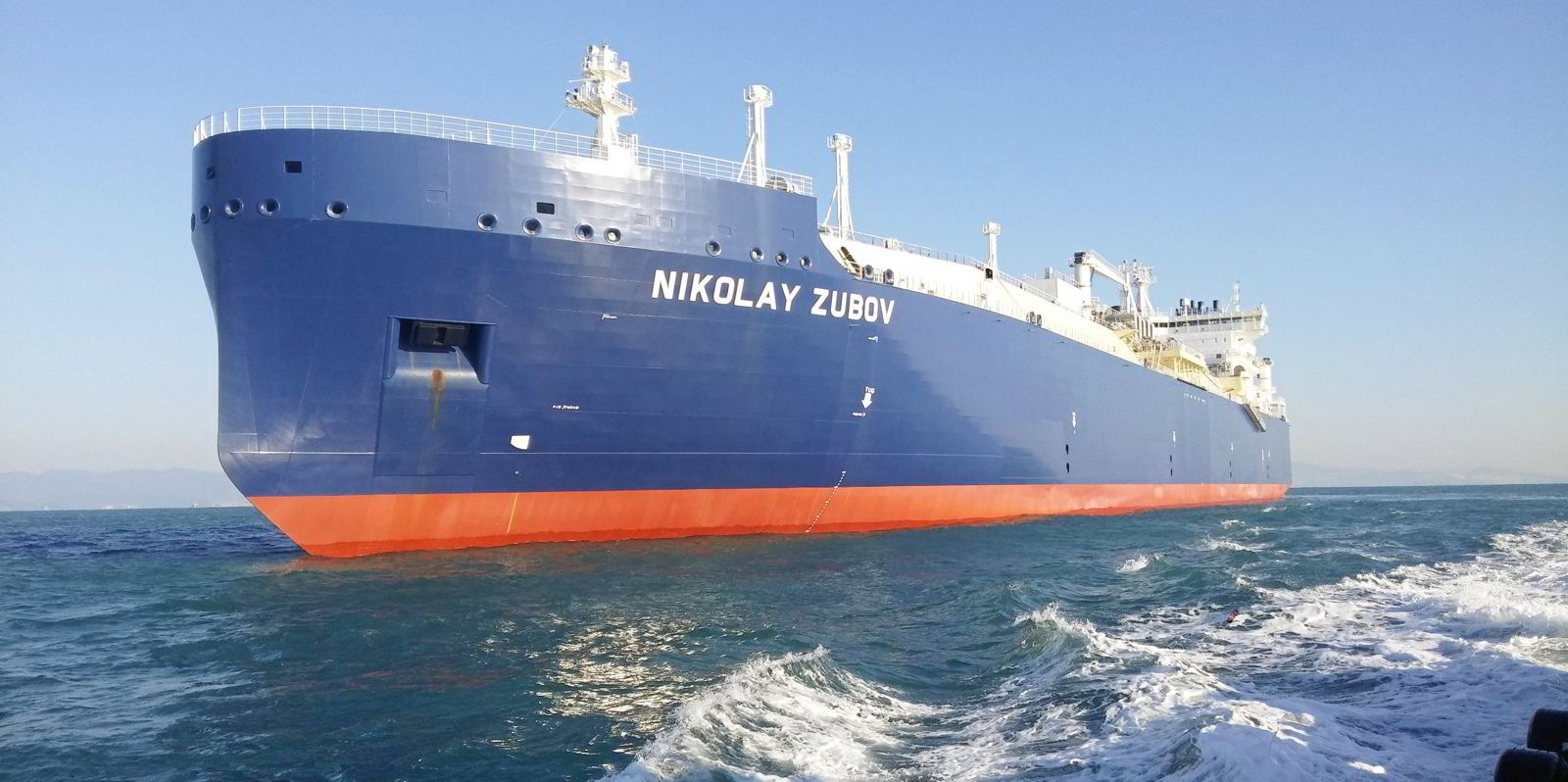Even if the Ukraine war is magically resolved tomorrow, the beneficial structural changes it has brought about in the tanker market are unlikely to disappear overnight.
That is at least the view of shipowners, ship managers and analysts that came together to discuss the issue last week at the 8th Global Shipbrokers Forum in Piraeus.
The over-arching consensus was that it is unlikely that sanctions will be lifted any time soon.
“Sanctions apply very quickly and it takes a long, long time to roll them back,” said Pankaj Khanna, chief executive of Heidmar.
“I don’t see any scenario of Russia walking away from the line that they’ve taken, in which case the sanctions will stay on for a very long period of time,” he added.
Thanassis Kossidas, chief executive of Athens-based owner Aerio Shipmanagement, concurred.
“The reality is that sanctions are there to stay. I don’t see this changing in the next years,” he said.
Even an unlikely end to the sanctions would hardly change established market patterns, according to another tanker owner speaking in the same panel.
“The markets are different now,” explained Eddie Valentis, chief executive of US-listed Pyxis Tankers.

“Russia has found new markets for its oil and products and Europe has also found new markets for its needs,” Valentis said.
Some observers, however, are not so sure about Europe’s steadfastness — especially if oil prices should climb to a level that would hurt the continent’s wobbly economy even further.
“In the case of Europe, I think it depends on the pain,” said George Lazaridis, head of research and valuations at Allied QuantumSea.
The general feeling, however, is that fundamental changes that have taken place in the market will be around for some time.
“The change is so structural that even if the geopolitical structure changes today, this [better outlook for crude] can practically not change in a short time,” said Ioannis Psarros — chief commercial officer and deputy chief executive of Signal Maritime Services.
Optimism extends even beyond the war.
“There’s the added element of ESG regulations coming into play — it is not just because we’re in a war situation that we’re quite positive on the market,” Khanna said.





